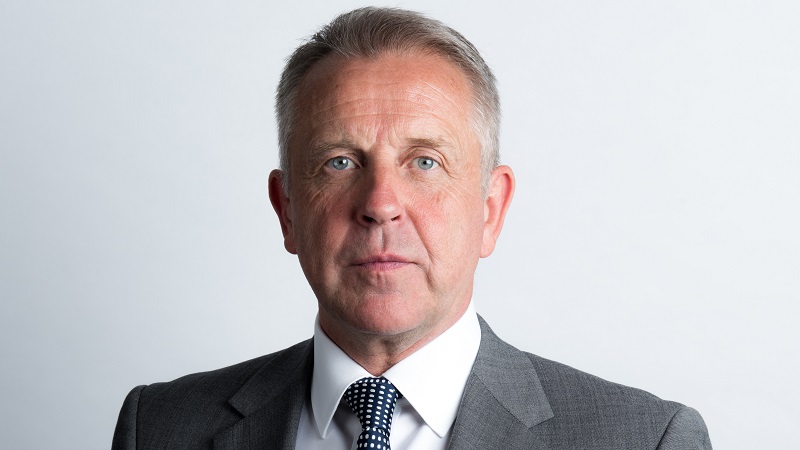“If you’re being advised to be put into selective funds and you’re paying 2% a year – why?”
This was the challenge set by Chris Hill, chief executive of Hargreaves Lansdown, at a recent press conference. However, it’s a question that in many different forms will likely be repeated to advisers throughout the industry this year as clients will see in pounds and pence how much they are paying for advice per annum under Mifid II disclosures.
In essence the question is framed as if to ask: why would you a buy a can of Heinz soup for £3 from a fancy food shop, when you could buy the same can from a supermarket for £1.50.
Now, if financial planning was as simple as putting some money into funds that someone else recommended and letting the markets do the rest, then that would be a fair challenge. However, it is about so much more than that.
Consider a DIY investor who invested their hard-earned money into the markets for the first time a year ago. In the past few months they will have likely seen their portfolios drop quite dramatically. The worst thing they could do in this scenario is sell and crystallise their losses. And yet that tends to be the gut reaction. Cut and run.
Now consider an advised client in the same scenario. That investor would call their adviser who would likely tell them to sit tight. Market volatility is part and parcel of investing.
This is just one of seven bad investment habits that DIY investors have, according to research by Quilter and Boring Money.
The research surveying more than 7,000 UK adults and over 200 ‘investors’ revealed the typical non-advised investor takes a huge amount of investment risk and gets very little back. The research further showed unadvised investors suffer an average annual loss of around 5% and up to 11.3% compared with the sort of risk-based, diversified portfolio that an adviser will usually recommend.
Hill argues that Hargreaves is “providing the knowledge and confidence” so people can invest themselves. But knowledge and confidence, even when combined with experience, will not stop inherent biases that come with investing your own money.
Even the most seasoned DIY investors can make mistakes and let emotions get in the way of smart decisions. The key advantage of using an adviser is in having someone who is disconnected to ensure investors are consistently making the best decision.
And that is the value advisers add when it comes to the investment process, without even starting on the advantages of a highly disciplined approach to tax efficiency offered by professional advisers.
And let’s not forget that advisers also have the power to reduce the cost of investing for clients, be it through special deals and access to high-quality, low cost services only accessible for advised clients.
This latest challenge on adviser costs is not the first and certainly will not be the last, particularly this year. However, rather than fear the challenge, advisers and the industry need to consider it an opportunity to highlight all the value that advice has to offer.
Scott Goodsir is managing director of UK distribution at Old Mutual Wealth, part of Quilter










